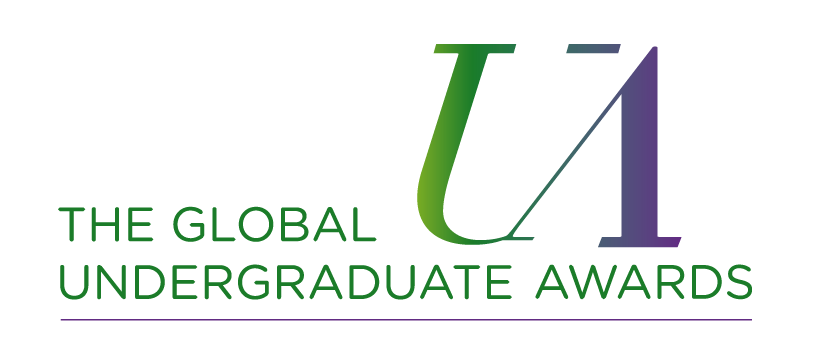Document Type
Article
Publication Date
2018
Abstract
Hearing loss is the fastest growing and one of the most prevalent chronic health conditions in the world. Cisplatin, a drug widely used in the treatment of many cancers, has been shown to be particularly damaging to the inner ear, causing ototoxicity in 70-100% of patients treated. Previous studies demonstrated the accumulation of reactive oxygen species (ROS) in hair cells as a major contributor to hair cell death in response to ototoxic drugs, noise exposure, and age-related hearing loss. The antioxidant enzyme catalase, predominantly localized in the peroxisome of cells, plays a crucial role in regulating cellular oxidative stress by degrading ROS. In the present study, we investigated whether our novel antioxidant CAT-SKL – a stable, cell penetrating, peroxisome-targeted derivative of catalase – is able to offer protection against cisplatin-induced ototoxicity in the HEI-OC1 immortalized mouse cochlear cell line. Using immunocytochemistry and western blot techniques, we confirmed that CAT-SKL was successfully internalized when delivered to cells in vitro. A WST-1 cell viability assay demonstrated that CAT-SKL is not only non-toxic to cells derived from the inner ear, but significantly improved cell viability compared to untreated cells in a dose-dependent manner. As expected, 15µM cisplatin treatment induced a significant decrease in cell viability of HEI-OC1 cells. This decrease was ameliorated by pretreatment with 10µM CAT-SKL. Furthermore, even at a cisplatin concentration of 30µM, pretreatment with CAT-SKL was still able to improve cell viability. In addition, cisplatin treatment resulted in increased levels of ROS as detected by dihydroethidium staining and induced peroxisomal proliferation. Pretreatment with 10µM CAT-SKL was able to attenuate cisplatin-induced damage due to its antioxidant properties, thereby decreasing ROS formation and peroxisomal proliferation. At present, there is no widely accepted pharmacotherapy which protects against ototoxic pharmaceuticals. The results of this project demonstrate a safe and effective prophylactic intervention for protection against ototoxic drug-induced hearing loss.




Notes
Global Winner in the Medical Sciences Category